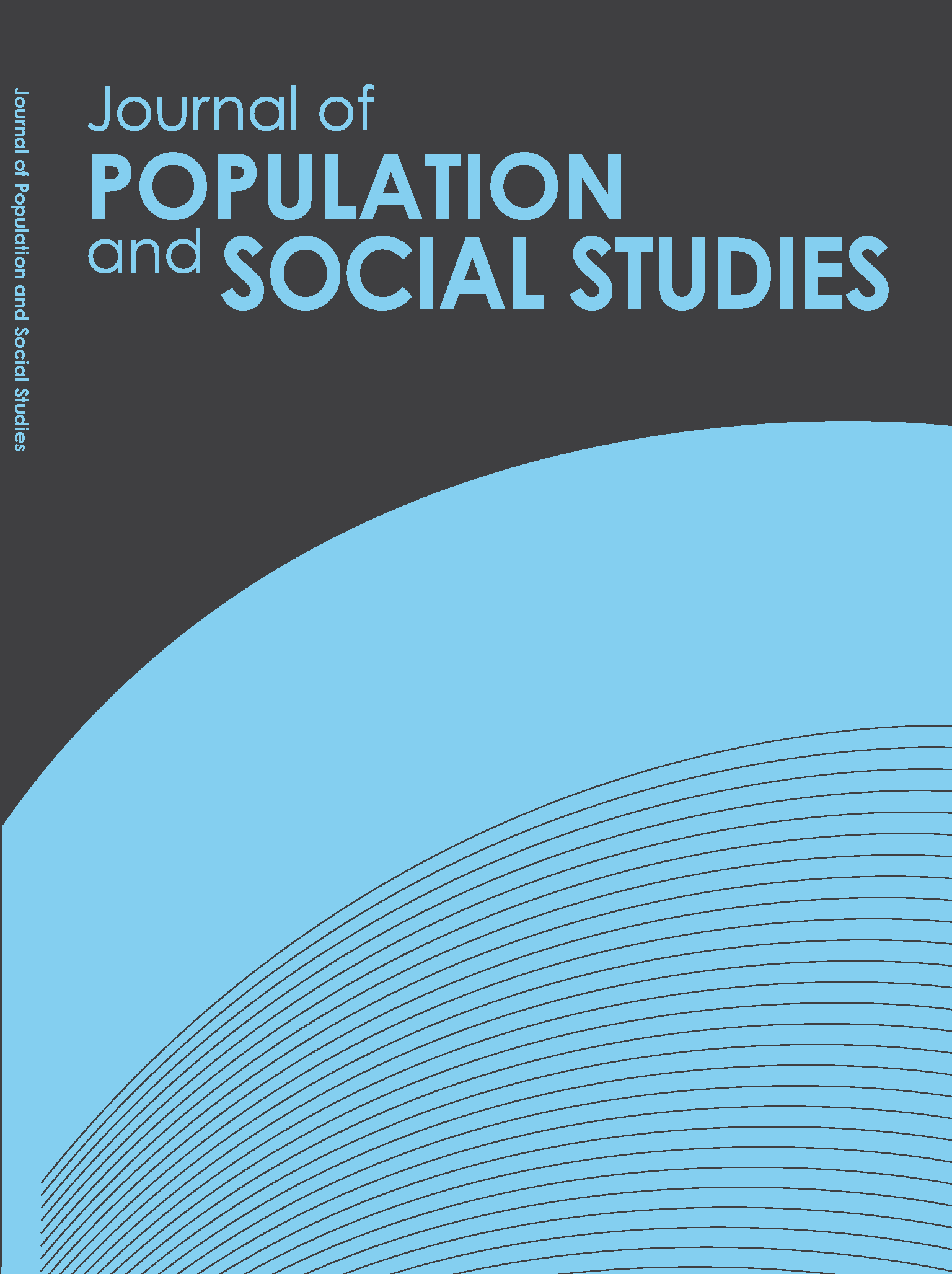The Polanyian Perspective in the Era of Neoliberalism: The Protection of Global Intellectual Property Rights
Main Article Content
Abstract
This article further explores the contribution of Karl Polanyi’s theoretical perspective to the contemporary political economy analysis, examining. the ‘double movement’, the transformation of natural resources into
‘fictitious commodities’ (land, money, and labour), and the reactions from affected societies. We illustrate the continuing relevance of Polanyi’s ideas through an analysis of the globalised market where knowledge and
information have been commodified as intellectual property rights; as the ‘new fictitious commodities’ (patents, copyrights, and trademarks). This dislocation inevitably prompted a counter movement that leads to market
impairment (in Polanyi’s terms). This exemplifies Polanyi’s argument that the market society was a stark-utopia that was impossible to finally achieve. In this article we aim to (re)introduce Polanyi’s concepts of institutional strain, the impaired market, and his account of social change which have been relatively under-used in work that has drawn its inspiration from The Great Transformation. This allows us to discuss the role of states in facilitating continued commodification, the counter movement to this extended market, and the strategies of corporations to protect their benefits.
‘fictitious commodities’ (land, money, and labour), and the reactions from affected societies. We illustrate the continuing relevance of Polanyi’s ideas through an analysis of the globalised market where knowledge and
information have been commodified as intellectual property rights; as the ‘new fictitious commodities’ (patents, copyrights, and trademarks). This dislocation inevitably prompted a counter movement that leads to market
impairment (in Polanyi’s terms). This exemplifies Polanyi’s argument that the market society was a stark-utopia that was impossible to finally achieve. In this article we aim to (re)introduce Polanyi’s concepts of institutional strain, the impaired market, and his account of social change which have been relatively under-used in work that has drawn its inspiration from The Great Transformation. This allows us to discuss the role of states in facilitating continued commodification, the counter movement to this extended market, and the strategies of corporations to protect their benefits.
Article Details
How to Cite
Chaipinit, C., & May, C. (2010). The Polanyian Perspective in the Era of Neoliberalism: The Protection of Global Intellectual Property Rights. Journal of Population and Social Studies [JPSS], 19(1), 99–122. retrieved from https://so03.tci-thaijo.org/index.php/jpss/article/view/84688
Section
Research Articles


